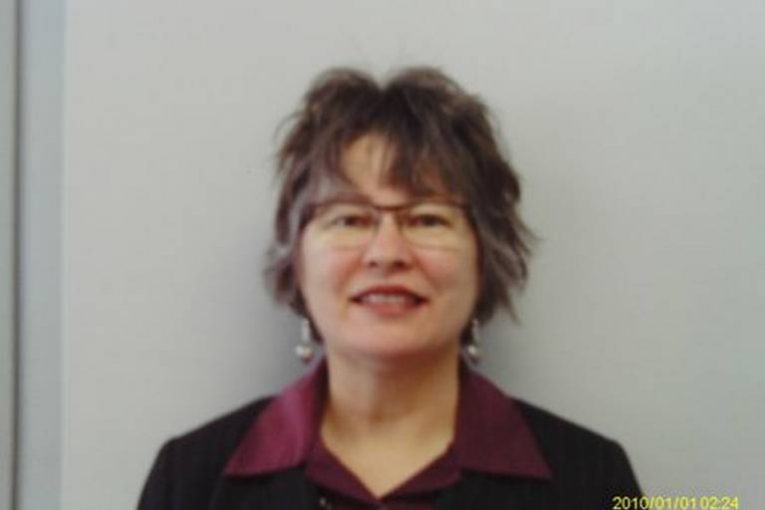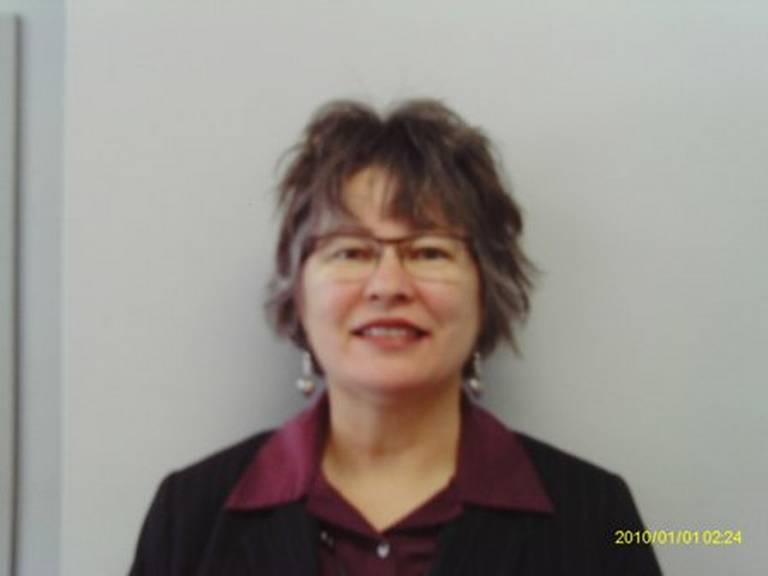

By Alana Bleimann and Dalia Bautista Rodriguez
KANSAS – Day one of a virtual hearing began Monday in which attorneys made their opening statements in the case of prosecutorial misconduct and prosecutorial error filed against former Shawnee County Deputy DA Jacqie Spradling.
Spradling’s alleged misconduct was for the 2012 murder trial of Dana Chandler in which the defendant was accused of murdering her late ex-husband and his fiancée in July of 2002. In addition, Spradling also had misconduct accusations in a 2017 rape trial in which defendant Jacob Ewing was convicted of raping five women.
The allegations set forth in the Chandler case include falsely leading a jury to believe the defendant had violated a protective order, one allegedly obtained by her late ex-husband. This order was never found, but, more importantly, no physical evidence connected Chandler to the crime.
In addition, Spradling claimed a short phone call was made between the late ex-husband and the fiancée confirming their engagement just a few days prior to the murders. This was a key piece of evidence showing that the defendant had a motive to murder the two individuals.
But during the initial trial for Chandler, this phone call was not mentioned.
The allegations set forth in the Ewing case include misleading the jury with comments that the defendant sexually abused an individual with autism. This statement would help show the jury that Ewing was a predator, but in fact, there was no evidence to prove the validity of Spradling’s claim.
In addition, Spradling claimed Ewing had viewed violent pornographic images and submitted the images as evidence. Again, there was no basis for this claim.
These errors made by Spradling allowed her case victories to be overturned by higher courts.
Monday morning, LJ Leatherman, Jacqie Spradling’s attorney, attorney John Larson, witness Charles Kitt, and deputy disciplinary administrator Matt Vogelsburg were present virtually.
Leatherman opened by claiming Spradling, like all prosecutors, acted “in good faith” and to count every small mistake she made would be unfair.
On the other hand, representatives from the state disciplinary office for attorneys claimed these mistakes were done purposefully and with intent.
Vogelsburg argued that in addition to the former alleged misconduct, Spradling also claimed that Chandler, without presenting any evidence, had committed the murders in Topeka and then drove back to her home in Colorado by driving through Nebraska.
Witness Kitt, another deputy Shawnee County district attorney, had previously overseen Chandler’s files and transcripts from the first trial and was questioned extensively about this route, how much gas was used, what the car mileage was before and after the trip, and if this route was even possible considering the answers to those questions.
Kitt claimed that the route through Nebraska would not have been possible because Chandler never stopped for gas and there were no credit card transactions during the time of the alleged trip.
He also said he found no evidence supporting the short phone call between the two victims in the Chandler case.
Members of the disciplinary office continued to explain how Spradling had no evidence to many of her serious claims against both Chandler and Ewing, including the charge that Ewing had engaged in many hours of violent online porn.
Leatherman continued to defend Spradling, arguing these were unintended, easily made mistakes, said during moments of stress and tension. Leatherman promised that by the end of the week he would show that Spradling legitimately believed her claims were reasonable and accurate.
The afternoon session consisted of bringing in those who had taken part in writing reports on the case. The basis was to cover all the information gathered and decide whether it was still pertinent.
The first witness brought in was federal public defender Kirk Redmond, who was asked to lead the investigation against Spradling in the Chandler case. He was in charge of reviewing transcripts, files, and complaints.
After the Supreme Court clarified their opinions and identified the issues, he was confident enough to proceed with his report. At first it was confusing for him, but his goal was to obtain enough evidence for the record.
One of the judges ruled there was a PFA (protection from abuse) filed, but in the report there seemed to be no PFA in file.
The second witness was Laura Shaneyfelt, Criminal Justice Act resource counsel for the Kansas public defender’s office who assisted Redmond in the complaint investigation, about the protection from abuse order.
She had gone to the Douglass Court and checked out the files and reviewed the pleadings. She e-mailed the clerk’s office about an electronic docket, as she wanted to transmit a copy of the file as part of the report. Both the electronic and paper files were similar, but in different formats.
Shaneyfelt stated that there was a notice in March 1999 which was to be heard on May 21, 1999. The motions that were heard were put into a journal entry that reflected the matter of May 21, 1999.
John Kite was another witness to this case. He is retired, but worked for the Kansas Bureau of Investigation as a senior special agent, at the time of the case. He was in the cyber crime unit and specialized in computer forensics.
He worked on the computer of Dana Chandler and examined the hard disk drive and reported on them. The copy of the report, produced in October 2002, states he examined a total of five hard disks. He described one as “bule” and the other as “coldwell.”
Kite specified it is important to note when she had access to the computer because if there was any data of value it would tell around what time the evidence was found. The second report analyzed a third disk drive between October 2008 through April 2009. It was found that there had been google searches on the computer for a specified address, which was the property of Mike Sisco in the past, after he was murdered.
The third report analyzed a fourth disk drive and on this disk drive there were additional google searches. One of the searches was on a Denver Police report about a burglary and Chandler accessing articles in murder cases.
Before the trial took place, Kite and Spradling met up in preparation for the case. One of the searches that came up was Robert Blake, who was accused of killing his spouse. Kite found this search “interesting” because he was looking at a homicide investigation and the Blake case is a homicide situation.
The last witness was Jody Lipmon, who has worked in an attorney general’s office since 2016. She worked for the Shawna District Attorney’s Office in 2011, where she was in charge of appellate work. She took part in the State v. Chandler appeal and she reviewed the briefs.
In her report, it describes that Chandler learned about Sisco’s engagement with Karen Harkness and that there was a PFA. The copy of the state’s brief is signed by three attorneys, Chad Taylor, Jacqie Spradling, and Jody Lipman.
Jacqie and Jody worked together on the brief and Jacqie was her supervisor and had control of what is being argued and stated. In the brief, there was a file of the divorce proceedings, which included the PFA, and a restraining order that was granted on October 13, 1998.
Mike Sisco was granted the protection of abuse, but there were not any documents pertaining to the issue. Sisco had initially told Dana Chandler that he was getting married and dialed 911 a few moments after. In the brief, Spradling failed to mention when the conversation between Sisco and Chandler took place.
Jody Lipman mentioned that when the initial briefing came in they had meetings, but is unsure as to when they took place. She also mentioned that Spradling really wanted to be involved in the appeal, as well as another lawyer whose name she did not recall.
 Alana Bleimann is a junior at the University of San Francisco majoring in Sociology with a minor in
Alana Bleimann is a junior at the University of San Francisco majoring in Sociology with a minor in  Criminal Justice Studies. She is from Raleigh, North Carolina.
Criminal Justice Studies. She is from Raleigh, North Carolina.
Dalia Bautista Rodriguez is a third year- transfer at UC Davis and majoring in Community & Regional Development. She is originally from Guadalupe, CA.
To sign up for our new newsletter – Everyday Injustice – https://tinyurl.com/yyultcf9
Support our work – to become a sustaining at $5 – $10- $25 per month hit the link:





